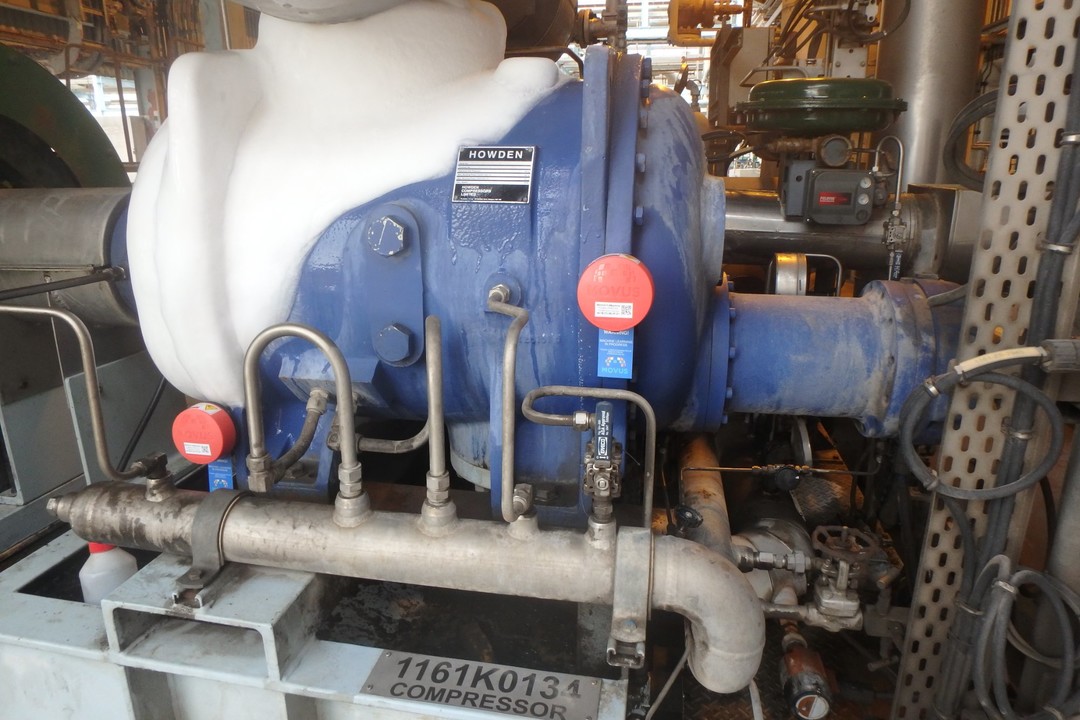Top 3 IOT Business Benefits

Every day there are new predictions about how the internet of things (IOT) will connect 20 Billion, 30 Billion or 50 Billion devices to the internet. I thought I’d weigh into the commentary, to give a view on the business benefits, which seem to be missing under a wash of monstrous numbers.
The IOT sphere covers a range of areas such as Connected Humans, Connected Homes, Connected Cars, Connected Cities and Connected Industries. I’ll focus on the business end, rather than the consumer end.
The Top 3 business benefits enabled by the Internet of Things are:
- Operational Improvement (Operations and Maintenance)
- Strategic Enablement (New Revenue, Relationships and Offerings)
- Disruptive Innovation (New Business Models and Services)
Operational Improvements
The ability to track assets in industries isn’t new and is fairly standard across many industries. Location is just one element of what can be done with data captured from assets. Giving the right information to the right people to ensure more informed decision making is a very powerful proposition. These decisions will then influence the following areas of your business:
- Optimising Operations – The ability to track assets in real-time enables enterprises to alter their daily routines and procedures. This can result in higher utilisation of assets, a reduction in operational overheads (such as fuel) and improvements to employee satisfaction (jobs and lives are made easier).
- Effective Risk Management – Proactively assessing the risk of asset failures that may translate into safety, financial, environmental or regulatory compliance risk will result in significant operational improvements. Of course less stress to those who manage these areas.
- Reducing Product and Service Management Costs – Organisations who either build products or service customers can have the ability to proactively service or gain feedback into product development.
- Empowering Staff – This is the most overlooked benefit. The positive effect cannot be understated when people are able to do their jobs more efficiently and effectively. A satisfied and happy person is the most valuable asset in your business. The benefits listed above will be compounded many times when jobs and lives are made easier.
Strategic Enablement
With an ever increasing, globally enabled competitive landscape, differentiation of products and services is a constant requirement for businesses. The trend to services over product sales is also gaining traction. The IOT is playing its part.
- New Revenue Streams – For product manufacturers the ability to understand how their equipment performs, after the sale, creates opportunities to sell new services and therefore more revenue.
- Heightened Customer Relationship – With more accurate data on usage of products and services, businesses have the opportunity to offer new and unique services that are tailored to customer behaviours.
- Meet Customer Demands – These new insights represent the ability to offer new services and products that the customer might not yet recognise they need. Therefore vendors can anticipate and forecast future usage requirements based on existing usage.
- Happy customers, happy life – A business is not a business without them. Provide a better experience to your customers and they will come back again and again, it’s that simple.
Disruptive Innovation
The battlefield of today seems to be less fought on the product and service mix and more on the fundamental business model. You’ve probably heard this quote,
“Uber, the world’s largest taxi company, owns no vehicles. Facebook, the world’s most popular media owner, creates no content. Alibaba, the most valuable retailer, has no inventory. And Airbnb, the world’s largest accommodation provider, owns no real estate.”
What they all have in common is a unique business model. They are all creating ‘platforms’. Just the same way TV, Newspapers, Microsoft Windows etc, by matching content consumers with content creators. IOT is enabling these new and innovative business models. An Uber driver is merely a car with a internet connected phone, however it is the experience that people are buying with Uber; the technology is an enabler.
- New Business Models – The ability to create new business models that can disrupt the organisation, the competition or the industry. These models can unseat centuries old entities, as Hilton’s market cap is less than with AirBnB’s, but Hilton is a century older.
- Breakthrough offerings – Understanding customer behaviours and product usage can enable new thinking. Connecting those products and services to powerful analytics and realtime feedback is enabling significant competitive advantage.
- Insightful organisations – All of this enables businesses to dramatically alter the customer experience. AirBnB transformed the experience of the Bed and Breakfast into something that is cool and socially acceptable. They made it easy, engaging and fun.
The list above isn’t exhaustive but hopefully it will give some context as to how these 50 billion internet connected devices will translate to the bottom line (financial, safety, risk, environmental or otherwise). Each of these will impact different parts of an organisation (internally or externally).
Many businesses are already investing in IOT strategies and engaging in IOT projects, to understand the impacts on their organisations. If your business is yet to start then now is the time.
Connecting your assets to the internet is not a benefit, understanding how it will benefit your staff, customers and business should be your focus.
If you want to talk through how the Internet of Things can benefit your business then please contact us.
Anyone who is interested in exploring these ideas further can contact me.
This article was first published on LinkedIn on 8 July 2015.
Image by Don Skarpo | Getty Images

